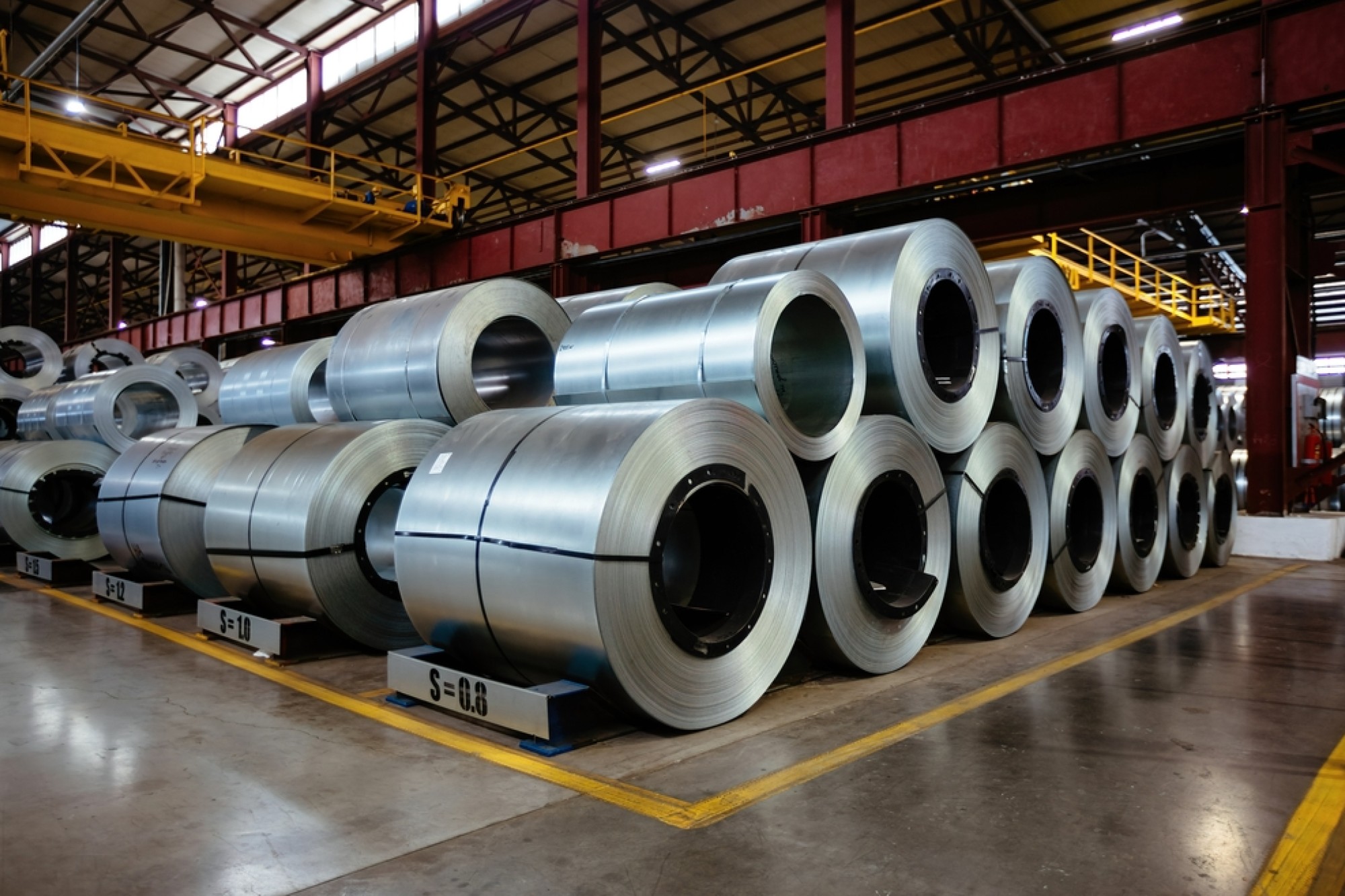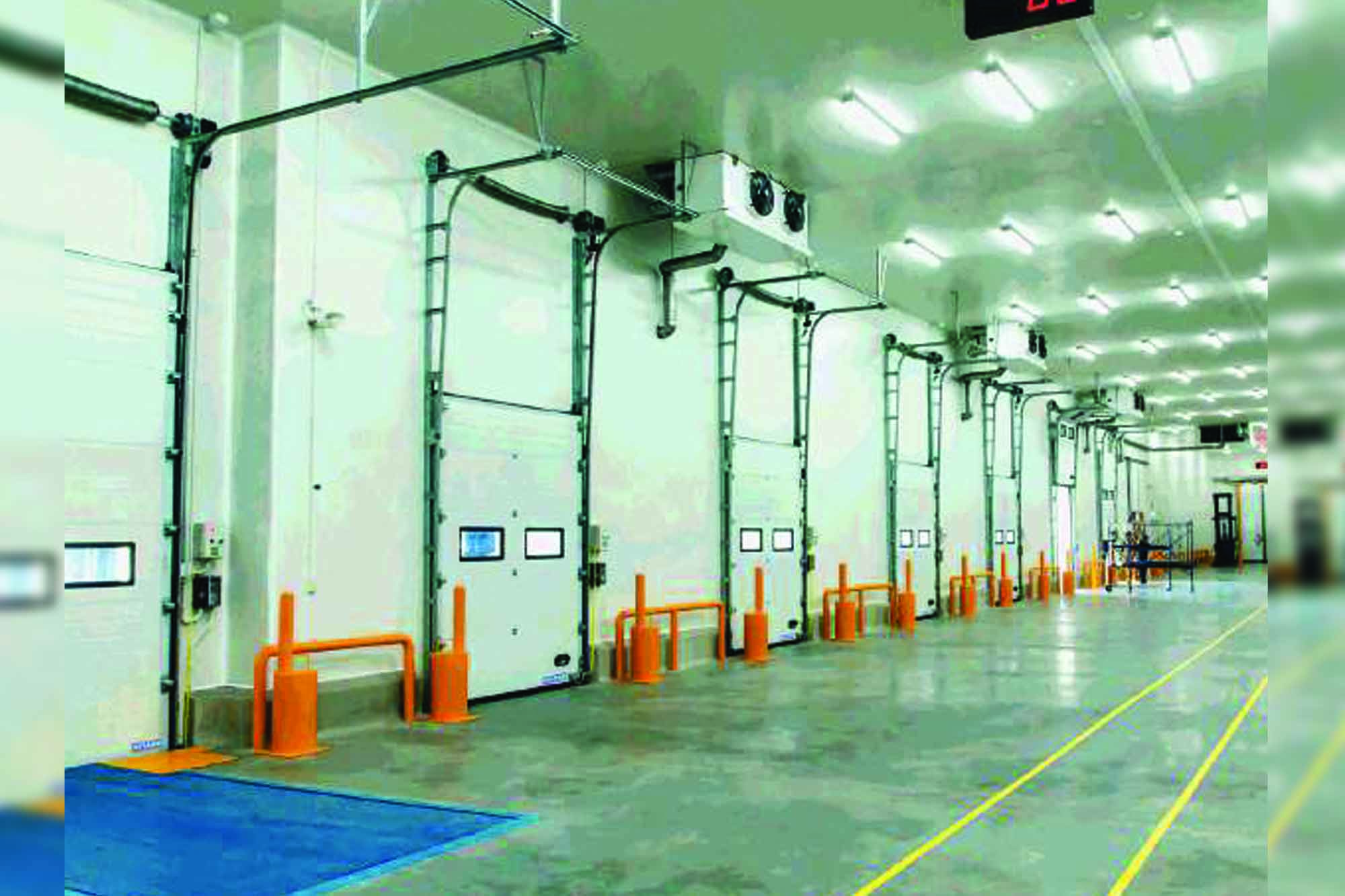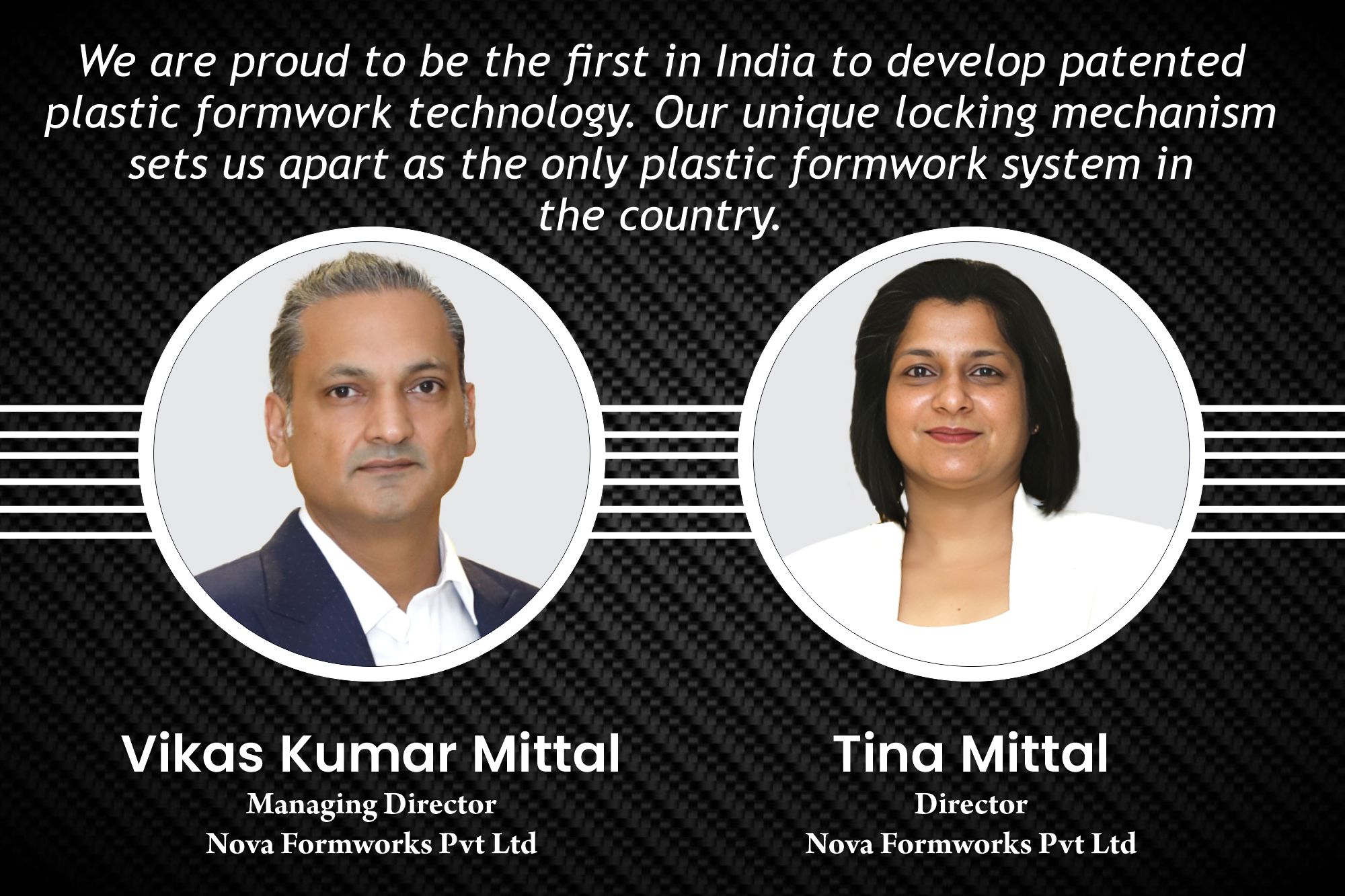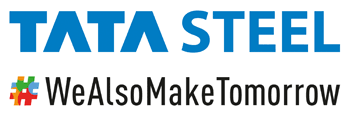Fibreglass rebars and the future of Indian building materials
By Edit Team | May 13, 2024 3:40 pm SHARE
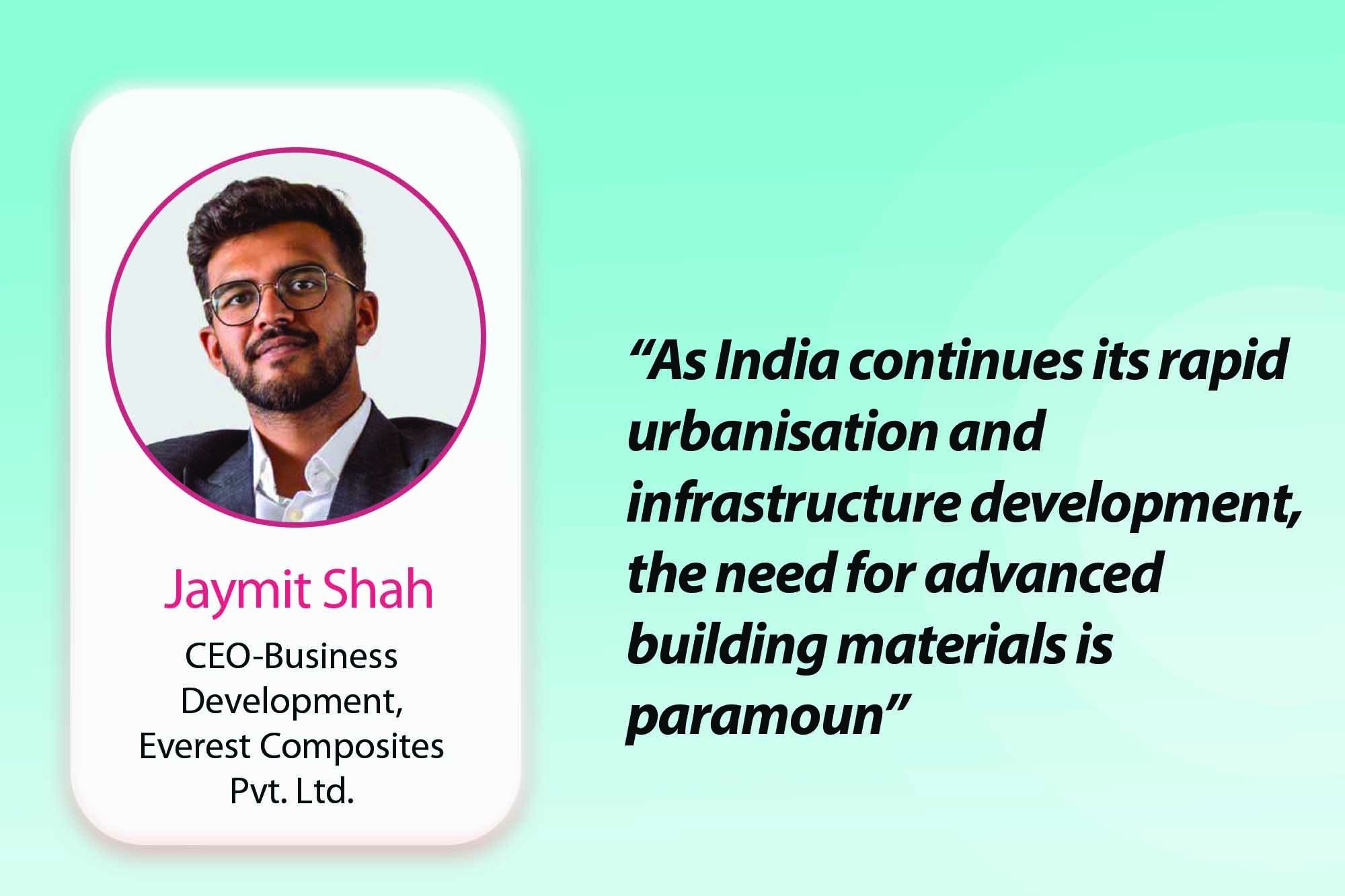
The article discusses the growing use of fibreglass rebars in construction, which is set to reach USD 15.6 billion globally by 2030 and USD 1.2 billion in India by 2024. These rebars offer corrosion resistance, durability, and eco-friendliness and are supported by government initiatives.
Fibreglass rebars have captured the attention of multiple market segments, with pultruded fibreglass rods and rebars emerging as sought-after alternatives to steel rebars in various construction projects. From roads and highways to bridges and tunnels, fibreglass rebars are making their mark, revolutionising the concrete reinforcement industry.
The global FRP Rebar Market has experienced significant expansion, reaching a value of 10.2 billion USD in 2023. Forecasts suggest this figure will rise to 15.6 billion USD by 2030, highlighting the growing demand for fibreglass rebars in the foreseeable future. In India, the fibreglass market was valued at USD 779 million in 2018 and is expected to achieve a Compound Annual Growth Rate (CAGR) of over 8 per cent, reaching USD 1.2 billion by 2024. The projected market growth can be attributed to the widespread utilisation of fibreglass, particularly in the construction sector.
With the Indian government’s extensive plans for infrastructure development shortly, the fibreglass rebar segment holds significant potential for growth in the Indian market. These initiatives may include incentives, subsidies, or regulatory measures to encourage businesses to incorporate fibreglass. As fibreglass offers numerous benefits such as durability, versatility, and cost-effectiveness, its increased usage can lead to significant advancements and improvements across various sectors, including construction, automotive, aerospace, marine, and renewable energy. For businesses operating in the fibreglass market, these government initiatives represent promising opportunities for growth and expansion, as they can capitalise on the rising demand for fibreglass products driven by supportive government policies and regulations.
Considering the Indian geographical situation, FRP rebars have a vast potential to grow as a product in the local market because of their corrosion resistance, long service life, and durability. Additionally, businesses may benefit from increased investment in research and development initiatives to further enhance the properties and applications of fibreglass materials, thus opening new avenues for innovation and market penetration. Overall, the active encouragement from governments in the Asia-Pacific region is expected to foster a conducive environment for the fibreglass industry, paving the way for enhanced market opportunities and sustainable growth.
Advantages of FRP rebars
Fibreglass-reinforced polymer (FRP) rebars have gained significant popularity owing to their exceptional properties. Firstly, they boast excellent corrosion resistance, which is ideal for structures in coastal areas or humid environments prone to corrosion. Secondly, FRP rebars offer a high strength-to-weight ratio, providing the same strength as steel but at a much lighter weight, making them perfect for lightweight construction projects like bridges and highways. Thirdly, their non-magnetic and non-conductive properties make them suitable for specialised hospital and laboratory applications.
The sustainability factor
In addition to their strength and durability, fibreglass rebars contribute to sustainability in construction. Unlike traditional steel rebars, FRP rebars are non-corrosive and non-toxic, offering an eco-friendly alternative. Their long lifespan and recyclability further reduce the carbon footprint of construction projects, aligning with the growing demand for environmentally responsible building materials.
Embracing the future
As India continues its rapid urbanisation and infrastructure development, the need for advanced building materials is paramount. Fibreglass rebars offer a compelling solution, combining strength, durability, and sustainability. By embracing the innovative potential of fibreglass rebars, India can pave the way for construction projects that are not only robust and resilient but also environmentally conscious and aesthetically inspiring.
In conclusion, the burgeoning utilisation of composites in the construction and automotive sectors is driving market growth. With continuous technological advancements and product innovations, the future of the fibreglass rod market looks promising, with new avenues emerging, particularly in sectors such as renewable energy and infrastructure development.
Cookie Consent
We use cookies to personalize your experience. By continuing to visit this website you agree to our Terms & Conditions, Privacy Policy and Cookie Policy.




